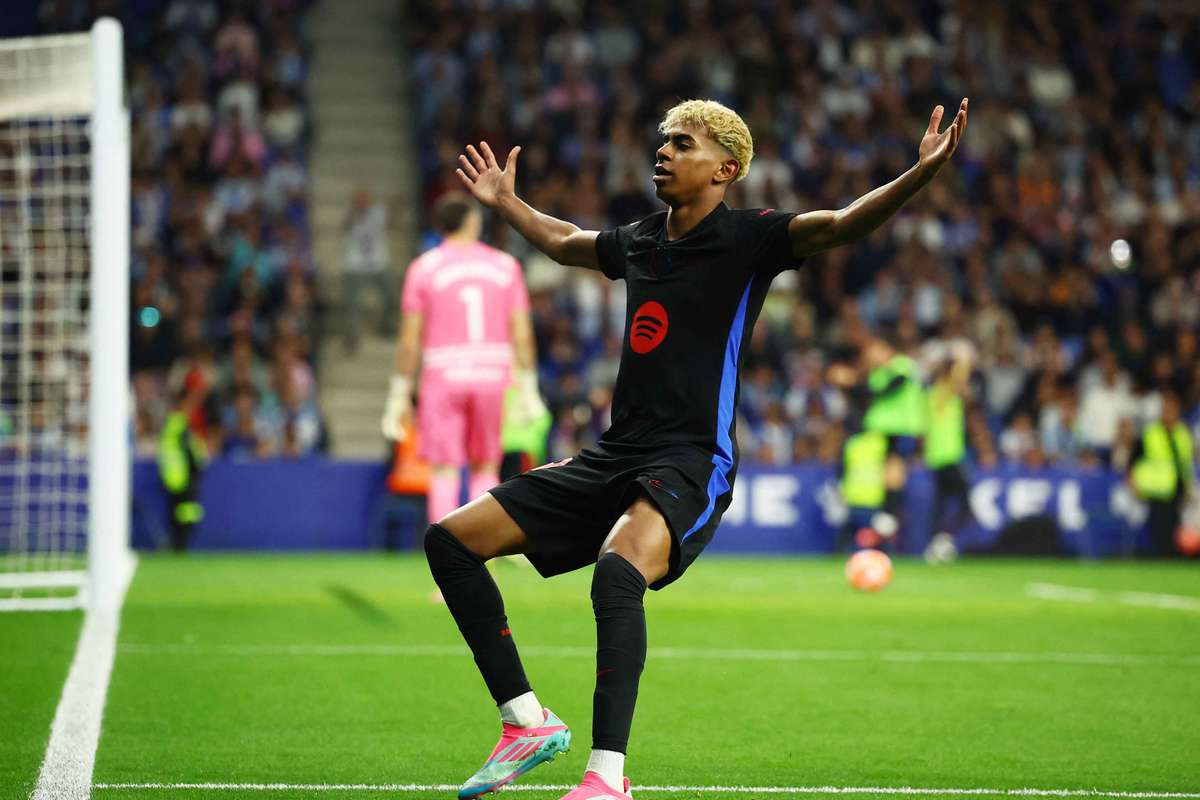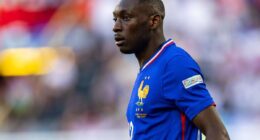Michael Vick�s story is one of the most dramatic and polarizing sagas in the history of American sports. Once hailed as the future of the quarterback position in the NFL, Vick was a generational talent whose electrifying play redefined what was possible at his position. But in 2007, at the height of his fame, his career and public image were shattered when he was convicted for operating a brutal and illegal dogfighting ring � a crime that sent him to federal prison for nearly two years. The story of Michael Vick is not just one of scandal and punishment but also one of remorse, redemption, and second chances.
Michael Dwayne Vick was born on June 26, 1980, in Newport News, Virginia, a city known as much for its poverty and crime as its athletic talent. Raised in a tough neighborhood by a young single mother and a father who introduced him to sports and fishing, Vick used football as his way out. By high school, his rare combination of speed, agility, and arm strength had made him a local legend.
He enrolled at Virginia Tech, where he became a national sensation almost immediately. In 1999, as a redshirt freshman, Vick led the Hokies to an undefeated regular season and a berth in the BCS National Championship Game, where they narrowly lost to Florida State. Vick finished third in the Heisman Trophy voting and became one of the most talked-about athletes in college football.
In the 2001 NFL Draft, the Atlanta Falcons selected Vick with the first overall pick, making him the first African-American quarterback ever to be drafted No. 1 overall. His arrival in the NFL was groundbreaking: Vick was unlike any quarterback the league had ever seen � a left-handed passer with a rocket arm and the speed of a wide receiver.
Vick�s play style revolutionized the quarterback position. In 2002, he led the Falcons to the playoffs and orchestrated a shocking upset of the Green Bay Packers at Lambeau Field � the first visiting team to ever do so in the postseason. In 2004, he earned a Pro Bowl selection and led Atlanta to the NFC Championship Game.
Off the field, Vick was a marketing juggernaut, signing endorsement deals with Nike, EA Sports, and Coca-Cola. He was featured on the cover of the Madden NFL video game and had become one of the most recognizable figures in American sports.
Vick�s seemingly charmed life came crashing down in 2007 when federal authorities raided property he owned in Surry County, Virginia. What they uncovered was a large-scale, interstate dogfighting operation known as �Bad Newz Kennels.� Investigators found evidence of breeding dogs for fighting, training facilities, dogfighting pits, and, most horrifically, the remains of dogs that had been killed � some by drowning, hanging, or electrocution � for underperformance.
Vick initially denied knowledge or involvement. However, the evidence mounted quickly, and several co-defendants cooperated with federal authorities. In August 2007, Vick pleaded guilty to federal felony charges related to dogfighting.
Vick was sentenced to 23 months in federal prison. He served time at Leavenworth Federal Penitentiary and later at a halfway house. During his incarceration, he filed for bankruptcy, lost all of his major endorsement deals, and was suspended indefinitely by the NFL.
The public response was intense and deeply divided. Animal rights activists condemned him, while others argued that he had become a scapegoat or deserved a second chance. The scandal provoked a broader national conversation about animal cruelty, morality in sports, and the responsibilities of public figures.
After completing his prison sentence in 2009, Vick was reinstated to the NFL conditionally by Commissioner Roger Goodell. Despite protests and ongoing controversy, the Philadelphia Eagles signed him to a one-year deal. Initially a backup, Vick worked quietly behind the scenes and earned praise from teammates and coaches for his humility and work ethic.
In 2010, Vick experienced a stunning comeback. After replacing an injured Kevin Kolb, he delivered some of the best performances of his career, culminating in a season where he passed for over 3,000 yards, rushed for over 600, and accounted for 30 total touchdowns. He was named NFL Comeback Player of the Year, selected to the Pro Bowl, and led the Eagles to the playoffs.
Off the field, Vick partnered with the Humane Society of the United States, speaking to schools and communities about animal cruelty and his own mistakes. He expressed deep remorse for his actions and dedicated time and money toward preventing dogfighting among at-risk youth.
Michael Vick retired from the NFL in 2017, having played 13 seasons with the Falcons, Eagles, Jets, and Steelers. His career was statistically impressive � he remains the NFL�s all-time leading rusher among quarterbacks, with 6,109 rushing yards � but always colored by the scandal that interrupted its peak.
Vick�s story is a lightning rod for debates about justice, forgiveness, and rehabilitation. Some will never forgive him for his role in such cruelty, while others point to his sincere efforts at redemption and the years he spent trying to right his wrongs. His journey from stardom to infamy, and then to redemption, is one of the most complex narratives in sports history.
Michael Vick�s life is a cautionary tale, a redemption arc, and a reflection of America�s uneasy relationship with fame, morality, and second chances. His unparalleled talent made him a star; his devastating choices nearly destroyed him. But his efforts to rebuild, repent, and serve as an advocate for change have made his post-prison life just as noteworthy as his days under the stadium lights.
In the end, Vick�s legacy is still being written � not just in the record books or in the courtroom archives, but in the hearts of fans and critics alike who continue to grapple with what his story means.







